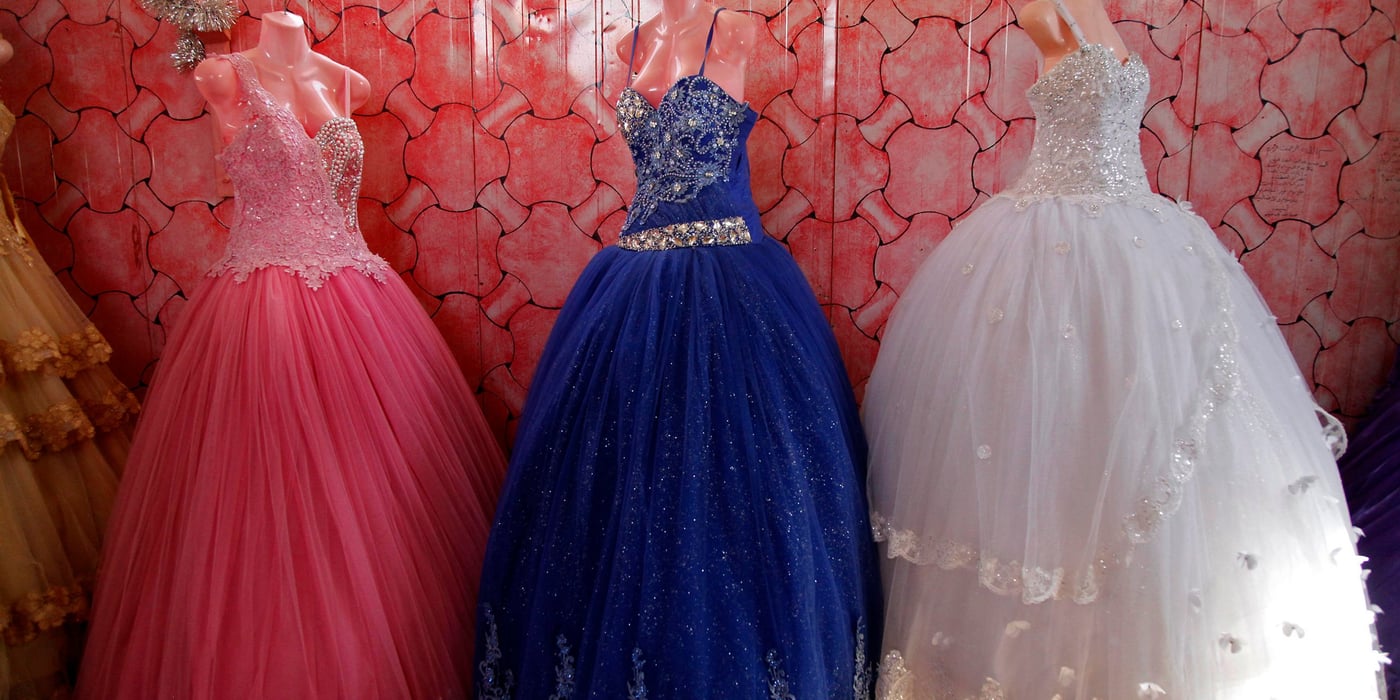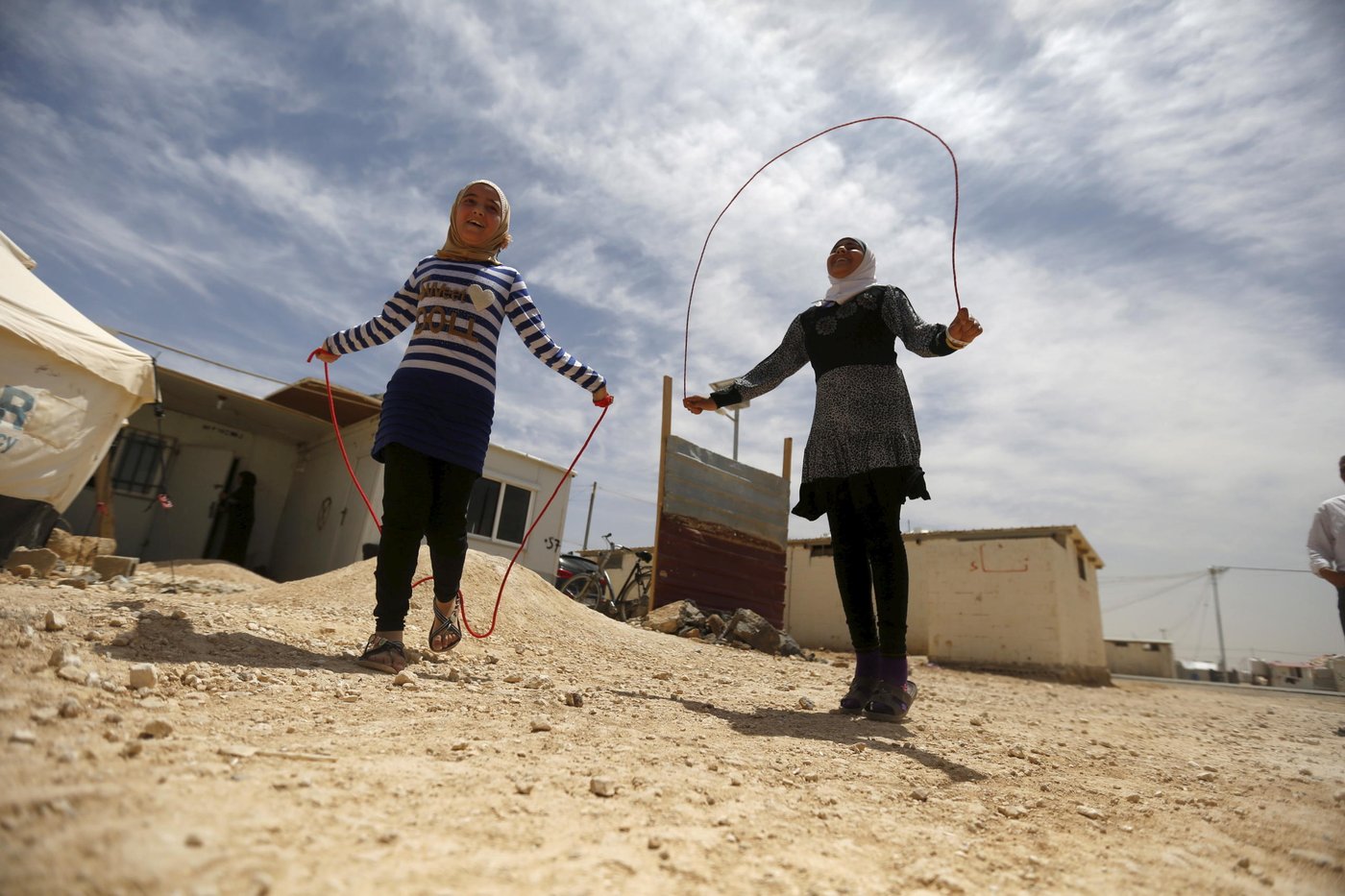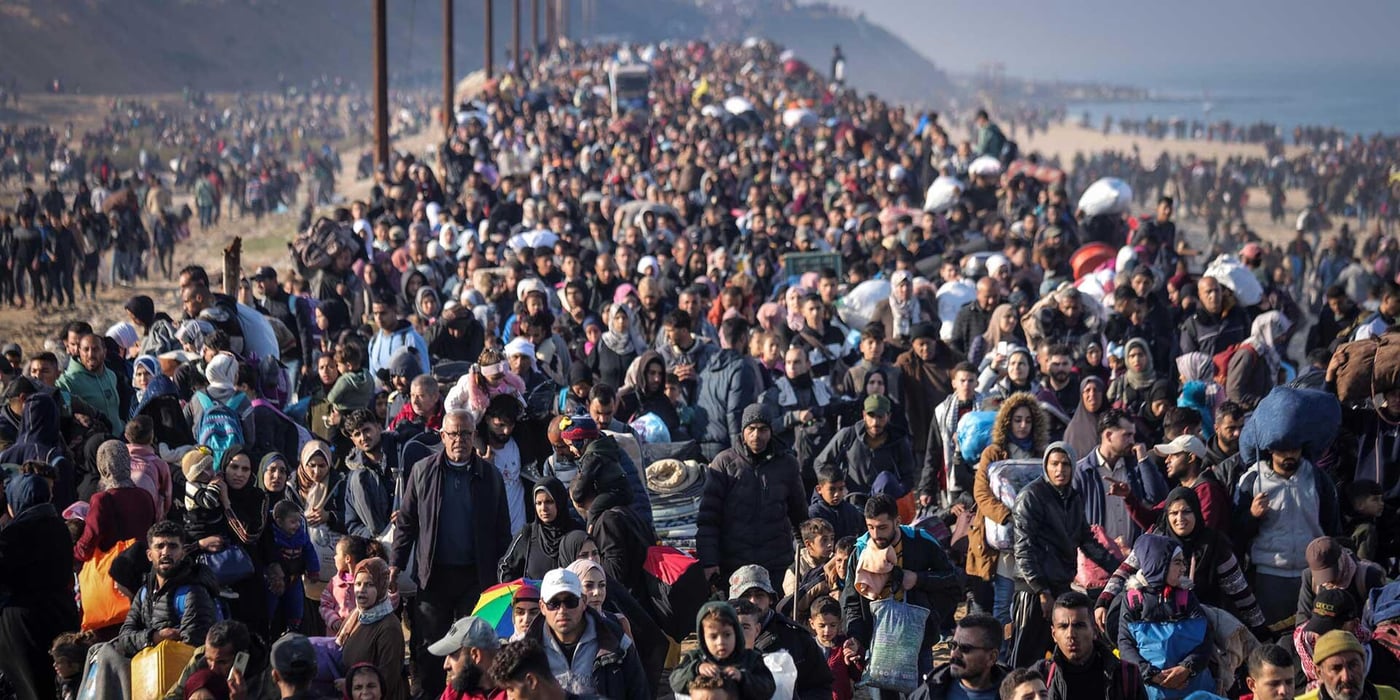
Valentine’s Day is just around the corner. On this one day, we will spend more than a quarter of a billion Norwegian kroner here in Norway on flowers, the cinema, chocolates, restaurants – and other more or less useless gifts. And this is money that comes in addition to a regular sales day. But as most people know: money can’t buy you love.
Every year, 12 million girls worldwide are married before the age of 18. That equals 23 girls every minute – almost one girl every two seconds. And girls who have been forced to flee are most at risk to this abuse.
Read also: Dima married at the age of 13.
Not for sale
“With our campaign ‘Love: Not for sale’, we want to focus on the importance of love and the millions of young girls who don’t have the chance to choose who they want to share their lives with,” says Gro Kirkeby, social media adviser at the Norwegian Refugee Council (NRC).

“What do you hope to achieve with the campaign?”
“Being able to choose a partner is not a choice, it’s a right. We must let people know that love is not for sale, and that marrying children is a serious violation of children’s rights. Not least, it is a symptom of an incredibly difficult situation, where many parents who have been displaced from their homes feel compelled to marry off their daughters because they can’t afford to give them a safe childhood,” says Kirkeby.
“What is so bad about Valentine’s Day and showing someone you love them by giving them flowers or chocolates?”
“We are not looking to limit how people show they love someone, but rather give them alternatives to chocolate and roses. In England, one of four people says they would rather their girlfriend or boyfriend donate to charity than give them gift on Valentine’s Day. We believe Norwegians think the same way, and that many people would like to use a day like to show they love more than just those closest to them.”
A distant dream
Norwegian girls wait to get married until they are adults – about 32 years old on average. They want to enjoy their youth, to get an education first and to choose who to marry themselves.
“This is not the case for all girls, and for girls who have been forced to flee, the possibility of being a child, getting an education or choosing their partner is a distant dream,” emphasises Kirkeby.
“Many countries ravaged by war and violent conflicts have a tradition of girls marrying young, but when families are displaced, it increases the risk of more girls getting married at a very young age. Today, we see that the number of child brides is increasing dramatically among Syrian refugees.”
Kirkeby points out that NRC is working on several fronts to prevent this.
What NRC does to protect girls who have been forced to flee and help keep them from being married off at a young age:
- We ensure they receive an education and have a safer social environment.
- We help families improve their financial situation.
- We provide information and help raise awareness.
- We give free legal aid and help to acquire necessary documents.
Support our work:


